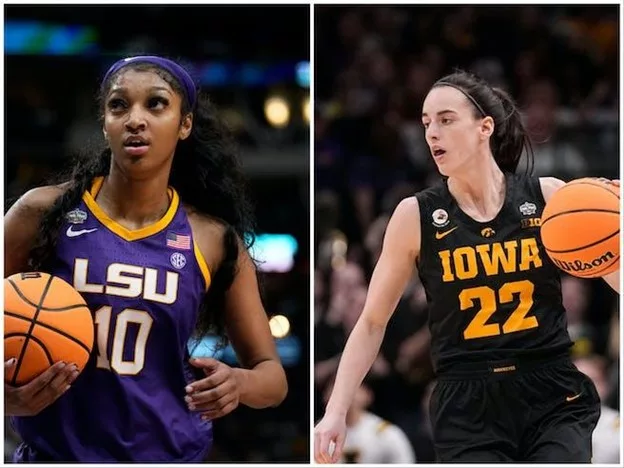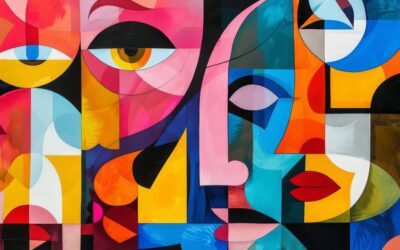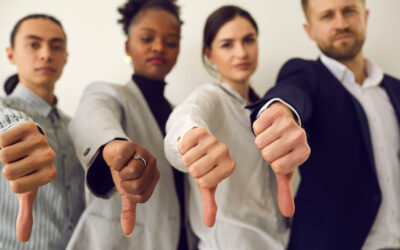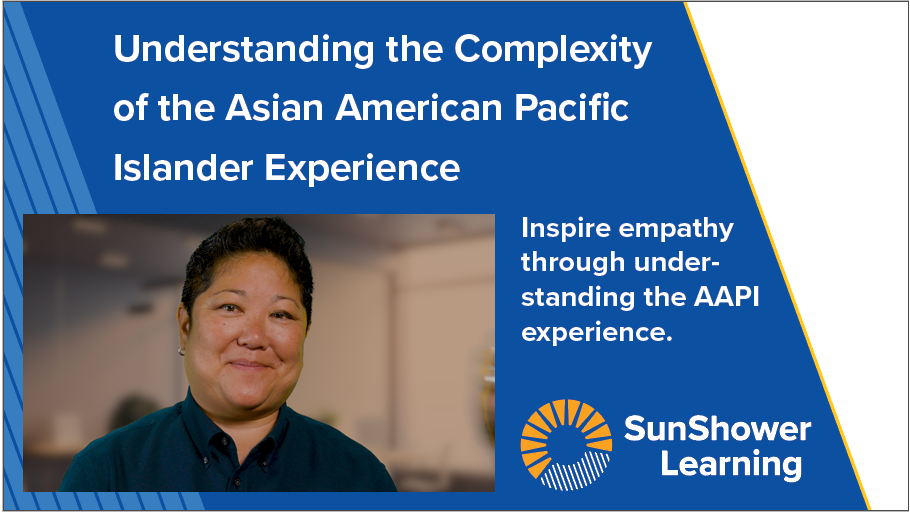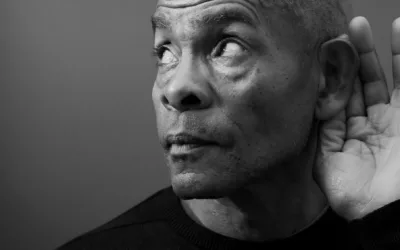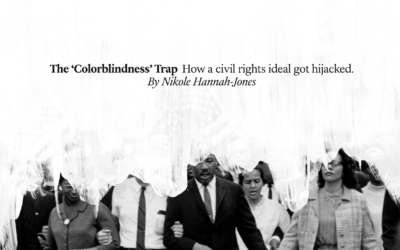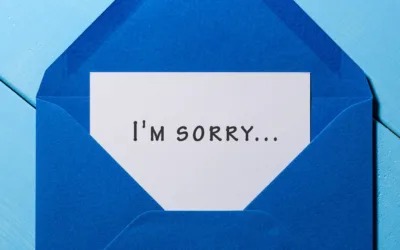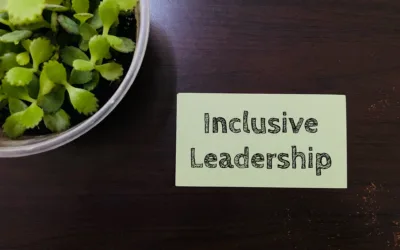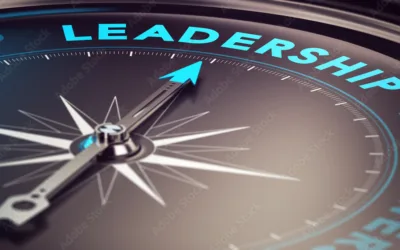Associated Press
Examples of racial double standards in sports abound. Athletes of different races are frequently treated differently based on their race, and the recent NCAA women’s basketball national championship laid this bare. Near the end of a game, LSU’s Angel Reese moved her open hand in front of her face as she approached Iowa’s Caitlin Clark. This move was popularized by WWE star John Cena to mean “You can’t see me.” In this case, it sparked tremendous debate on social media with Reese being called a “[expletive] idiot” and a “classless piece of [expletive],” among other things. The irony is that when Clark made a similar gesture to another player earlier in the tournament, such character assassination did not occur. In fact, there seemed to be no commentary whatsoever, let alone public outrage.
The controversy highlights numerous examples of sports-related double standards that are rooted in unconscious bias. For example, Black athletes are often viewed as naturally talented and athletic, such that their successes tend to be attributed to physical abilities as opposed to hard work and drive. Additionally, there have been countless cases where Black athletes have been penalized more harshly than white athletes for similar offenses due to apparent racial bias in officiating and disciplining. There have also been instances where Black athletes have been criticized for being too outspoken or political whereas white counterparts who express similar views are lauded for their courage.
The benefit of this current debate is that it allows us to identify and address our underlying unconscious bias in order to create a more fair and equitable playing field for all athletes, regardless of their race or ethnicity. Moreover, we can extend this to an examination of other ways that unconscious bias directs our outlooks and behaviors. For example, I would argue that what we also saw at play during this championship was a gender bias in that intense emotions and trash-talking are considered an everyday aspect of men’s sports. In short, we’ve been provided with a valuable opportunity to question and overcome deep-seated driving forces that are often unexamined yet very detrimental.
Because the implicit associations we hold often develop outside of conscious awareness, our thoughts and actions do not necessarily align with the beliefs and intentions we strive to uphold. This means that even individuals who profess egalitarianism and try to treat all individuals fairly can still unknowingly act in ways that are powerfully yet unknowingly directed by their unconscious bias. Thus, even well-intentioned individuals can act in ways that influence and impact people differently and produce inequitable outcomes.
These are the very reasons we developed our Defeating Unconscious Bias. In this eLearning course, we use, among other techniques, what Dr. Sondra Thiederman calls the “first thoughts activity.” We show participants a series of photos and ask them to register their first impressions. This is a practice worth cultivating because it can help you track underlying assumptions and keep your biases from surreptitiously influencing what you say and do. In order to overcome our bias, we must become aware of its presence, reflect on its origin and nature and commit ourselves to implementing strategies and behavioral changes that counteract bias. Diversity, equity and inclusion training can be extremely beneficial in this regard.
More From Our Blog…
Understanding Employee Responses to DEI Initiatives: Insights and Strategies
A recent study sheds light on a previously underexplored aspect of DEI training. While much focus has been placed on the facilitators, trainers and the content of DEI programs, this study examines how employees actually respond to the training. Published in Harvard...
SHRM’s Removal of “Equity” From DEI Framework: A Step Backwards Amid Growing Backlash
In a stunning step in the wrong direction, the Society for Human Resources Management (SHRM), the world’s largest HR association, has removed “Equity” from its “IE&D” framework. What message does this send, especially amid strong pushback against Diversity, Equity...
Navigating the Shifting Landscape of Diversity, Equity and Inclusion Programs
In the midst of the evolving landscape of corporate diversity initiatives, there's a seismic shift underway. The once-prominent acronym "DEI" - representing diversity, equity and inclusion - is notably absent from many company discussions. As explained in the article...
A Groundbreaking New Course: Understanding the Complexity of the Asian American Pacific Islander Experience
With over two decades of experience in the educational sector, Hideko Akashi, founder and lead consultant at Liberation Consulting, has been a steadfast advocate for diversity, privilege, social justice, inclusion and equity. Now, she's opening a new chapter with the...
The Deafening Silence of DEI Allies: A Call to Action in Troubled Times
As we commemorate the legacy of Rev. Dr. Martin Luther King Jr., his poignant words echo through the corridors of history, reminding us of the profound impact of silence in the face of injustice.” In the end, we will remember not the words of our enemies, but the...
DEI LEAP: Empowering Leaders Through Turbulent Times
DEI LEAP: Empowering Leaders Through Turbulent Times As we all know, 2024 has brought a wave of attacks against DEI. A handful of outspoken critics, such as Elon Musk, are misrepresenting DEI and attacking the strategies and practices that are creating more equitable...
The Colorblindness Trap
Read. This. Article. It's important. The Color Blindness Trap: How a civil rights ideal got hijacked Nikole Hannah-Jones is a domestic correspondent for The New York Times Magazine focusing on racial injustice. Her extensive reporting in both print and radio has...
The Unbearable Lightness of the “I’m Sorry if You Were Offended” Apology
Have you ever come across that non-apology apology? You know, the one that goes, "I’m sorry if you were offended," or its close cousin, "I’m sorry that you…" These non-apologies aren't just weak; they can actually inflict more harm and exacerbate hurt feelings. They...
The Power of Diversity: McKinsey’s Latest Report Reinforces the Business Case for Inclusive Leadership
In an era where corporate social responsibility is no longer just a buzzword but a fundamental aspect of successful business strategies, McKinsey's latest report, "Diversity Matters Even More: The Case for Holistic Impact," underscores the undeniable link...
“Laying Low” Is the Wrong DEI Strategy
“The ultimate measure of a man is not where he stands in moments of comfort and convenience, but where he stands at times of challenge and controversy.”- Martin Luther King, Jr. In an era marred by politicized attacks on diversity, equity and inclusion (DEI), Shaun...

